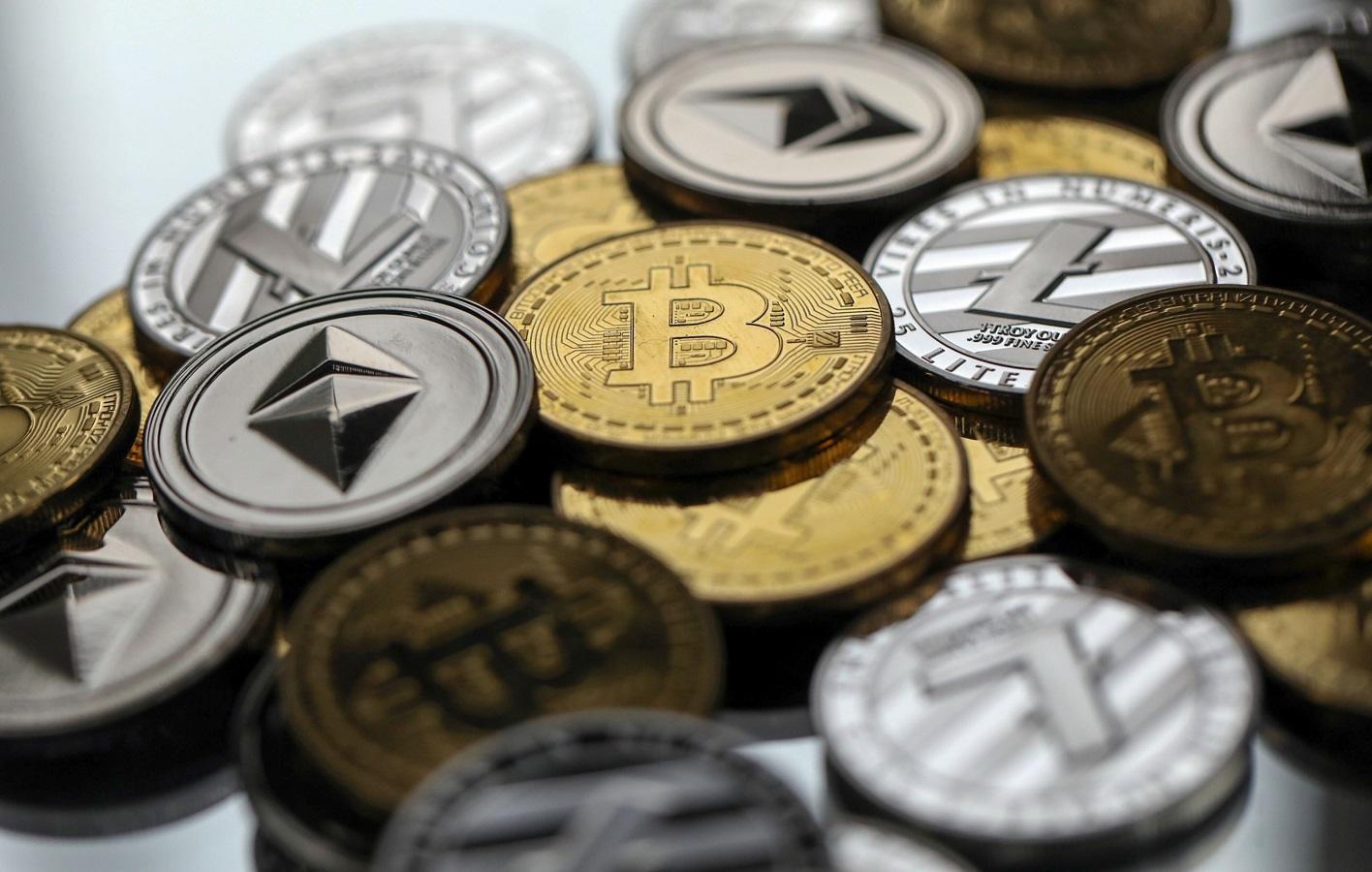The G-20 deliberation on crypto and India’s stand to work with global consensus has sent positive cheer within the Indian crypto industry.
Crypto companies have expressed an effective and pragmatic framework in place to regulate the crypto ecosystem in India. What has sent cheer among the industry is the recommendation by the IMF-FSB that a blanket ban on crypto assets can be costly and demanding to enforce.
“One of the industry’s key expectations is that the Centre will engage with a range of stakeholders, from crypto companies and experts to the general public, to ensure that the regulations are in the Goldilocks zone – both effective and pragmatic. We hope that over a period of time, the Centre will get in regulations and set the tone for a regulated but thriving crypto ecosystem,” said Rajagopal Menon, vice-president at WazirX, a crypto-exchange company.
The Crypto Asset Reporting Framework (CARF) is being developed to ensure that non-financial assets such as cryptocurrency are not used by tax evaders to hide their unaccounted wealth.
On Saturday, a chunk of G20 member nations said they want to start an exchange of information on such non-financial assets by 2027.
“The latest development at the G20, where member nations are urging the swift implementation of a reporting framework for crypto assets, is indeed a positive step. It reflects a growing recognition among global leaders of the need for coordinated action in the crypto space,” said Kiran Mysore Vivekananda, chief public policy officer at crypto exchange platform CoinDCX.
The International Monetary Fund (IMF) and Financial Stability Board (FSB)’s synthesis paper, which was published on 7 September this year, presents guidelines for countries and a roadmap for crypto regulations.
The paper provides insights into investor protection, cybersecurity, and anti-money laundering (AML), and counter-terrorism financing (CTF) measures.
“Particularly noteworthy is the recommendation (from the paper) to regulate and supervise ‘licensed or registered’ crypto-asset issuers and service providers; to support the functioning of capital flow measures, fiscal and tax policies, and financial integrity requirements; and to reduce data gaps,” said Ashish Singhal, co-founder, and chief executive officer at a cryptocurrency exchange company CoinSwitch.
He added that India could consider a licensing structure for crypto asset service providers similar to countries such as Japan, South Korea, among others.
“We strongly believe that a regulatory framework ensuring investor protection and a less restrictive tax policy will enhance the growth and adoption of crypto in India and around the world,” said Rahul Pagidipati, chief executive officer at Zebpay, a cryptocurrency exchange.
Menon noted that India’s alignment with the G20’s stance would provide clarity to crypto companies which could attract investments in the space, create jobs, and foster innovation in the ecosystem.
“The alignment could lead to a clear regulatory framework, replacing the ambiguity that currently exists where there is a shadow ban on banks working with crypto companies. Given that the (IMF-FSB synthesis) paper was created at the request of the Indian G20 presidency, we believe that the Centre is going to take the report seriously,” he added.
India’s crypto industry has been facing several challenges, which have also eroded its user base. Some of the issues include, taxation of assets, ongoing bear market, and regulatory uncertainties.
CoinDCX expressed that the company is looking forward to policies aimed at optimising the potential of ‘crypto and blockchain while addressing any associated challenges’.
“This framework can serve as a model for countries like India. We hope for a nuanced and forward-thinking approach to crypto regulation. India has the opportunity to leverage the transformative potential of Web3 technologies while ensuring investor protection and compliance with global standards,” Vivekananda from CoinDCX said.
The discussions around crypto also come in the backdrop of Finance Minister Nirmala Sitharaman’s comments where she called for setting up a framework for handling crypto-related challenges.
“India’s Presidency has put on the table in the G20 issues related to regulating or understanding that there should be a framework for handling issues related to crypto assets,” the minister had said in Mumbai last week.
However, in December last year, Reserve Bank of India Governor Shaktikanta Das had expressed his aversion towards crypto and reiterated a stance to prohibit them.
“While the Reserve Bank of India has concerns about financial stability and illicit activities, completely sidelining crypto could mean missing out on potential economic benefits that India can ill afford,” Menon noted.
The G20 Leaders’ declaration, which was adopted by consensus, had called for a swift implementation of the Crypto Asset Reporting Framework (CARF) and amendments to the CRS.
“We ask the Global Forum on Transparency and Exchange of Information for Tax Purposes to identify an appropriate and coordinated timeline to commence exchanges by relevant jurisdictions,” it said.
Note:- (Not all news on the site expresses the point of view of the site, but we transmit this news automatically and translate it through programmatic technology on the site and not from a human editor. The content is auto-generated from a syndicated feed.))


